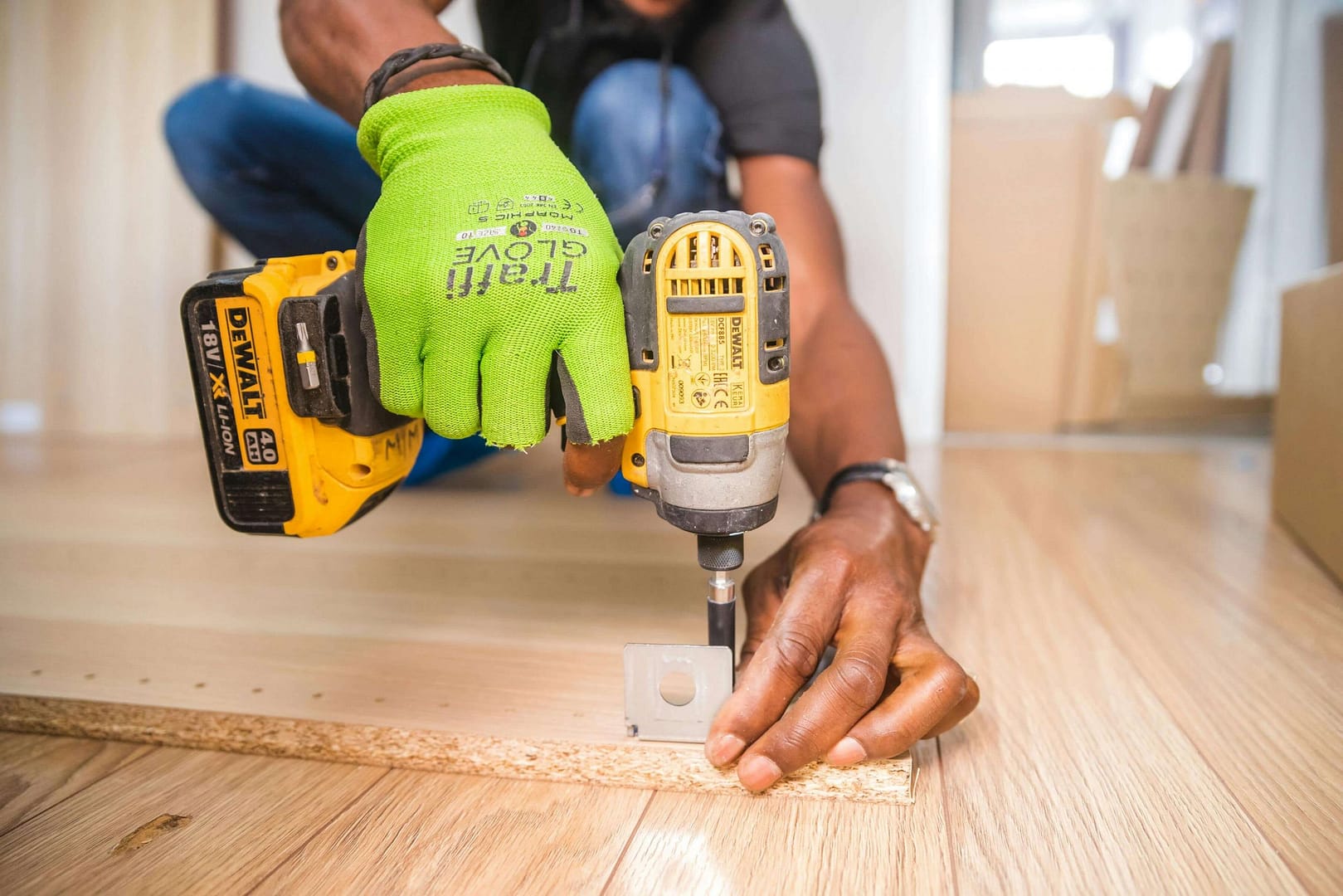Drills are fantastic tools and a staple of DIY projects, construction sites, and workshops alike. But as useful as they are, rotating drills pose a serious safety risk if you don’t handle them with care. Injuries can range from minor cuts to severe lacerations, amputations, and even worse. The good news is that most rotating drill injuries are preventable by following some sound safety practices.
Let’s delve into the world of drill safety so you can use these powerful tools with confidence and lower your risk of getting hurt. We will also highlight who you can start a an injury at work claim.
Understanding the Risks
Before we dig into all the safety precautions, it’s crucial to appreciate just what can go wrong with rotating drills. Here are the main types of injuries:
- Entanglement: Loose clothing, hair, jewelry, or gloves can get snagged by a rotating drill bit or chuck. This can pull limbs into the machinery, causing terrible twisting and tearing injuries.
- Kickback: If a drill bit binds in a material (like hitting a knot in wood), the drill can unexpectedly jerk. This can throw you off balance or, worse, cause the drill to hit you.
- Flying debris: Drills, particularly when working with metal or concrete, can throw out chips, fragments, and sparks at high speeds. These can cause eye injuries or cuts.
- Electrical hazards: Faulty drills or using them in wet conditions carry a risk of electrical shocks.
The Basics – Choosing the Right Drill and Bits
Safety starts even before you turn the drill on. Here’s what to consider:
- Right tool for the job: If you’re drilling into hard masonry, don’t try to get away with using a standard drill. Use a hammer drill or a more powerful rotary drill specifically designed for the task.
- Sharp bits: Dull bits force you to apply more pressure, increasing the risk of kickback or the drill slipping. Always use sharp, well-maintained drill bits.
- Bit size matters: Choose a drill bit that’s appropriate for the material and the size of the hole you need. Using a bit that’s too small can lead to it overheating and breaking.
Preparing Yourself and Your Workspace
Think of your drill safety preparations as a pre-work ritual. Start by dressing appropriately. Avoid loose clothing, jewelry that could get caught, and be sure to tie back long hair. Protect your eyes with safety glasses or goggles – this is non-negotiable. Gloves might seem like a good idea but consider the task carefully; sturdy gloves can protect from cuts, but they also increase the risk of entanglement.
Next, create a safe workspace. Good lighting, a clear work area, and careful placement of any power cords are essential. Get familiar with your specific drill – read the manual to understand how it operates, learn about its safety features, and be mindful of any special warnings the manufacturer provides.
Receive a Call About Your Claim
Smart Drilling Techniques
Now it’s time to start drilling! First priority: secure the material you’re working on. Use clamps or a vise to prevent it from moving during the drilling process. Never try to hold the material by hand while you drill. For larger holes or harder substances, drilling a small pilot hole first will make it much easier to guide the larger bit accurately.
Maintain control of your drill by gripping it firmly with both hands. Apply steady pressure, but resist the urge to force the drill. Let the tool do the work for you. Especially when drilling metal, it’s important to take breaks occasionally to let the drill bit cool down. A little bit of cutting oil can also help reduce friction and heat buildup. Throughout the process, stay alert! Pay attention to any changes in how the drill feels or sounds – if anything seems unusual, stop immediately and figure out what’s wrong.
Finally, remember that an unplugged drill is a safe drill. Always unplug it or remove the battery pack when you’re not actively using it, and especially when you’re swapping out drill bits. Keep your drills in good working order by following the manufacturer’s maintenance instructions.
Making an Injury at Work Claim with National Claims
At National Claims, we understand that workplaces, regardless of industry, can pose risks to your health and safety. If you’ve suffered an injury in the workplace, whether due to faulty equipment, lack of safety measures, or negligence on someone else’s part, our team is here to help. We specialise in guiding those injured on the job through the claims process, aiming to secure the compensation you deserve to help you on the road to recovery.
Free Consultation
Let’s begin with a free consultation to discuss the details of your workplace injury. We’ll listen carefully to understand your experience and evaluate the unique circumstances surrounding your accident. This allows us to offer initial advice on the potential strength of your claim.
*No Win, No Fee
National Claims believes that seeking justice shouldn’t be hindered by financial concerns. That’s why we operate on a “No Win, No Fee” basis. You won’t have to worry about upfront legal costs. Our fees are tied to your claim’s success, giving you the peace of mind to pursue your case.
*Customers pay up to 25% (incl. VAT) of the amount recovered towards solicitor costs and if you cancel outside your cooling off period, you may be charged a fee.
Conclusion
Rotating drills are incredibly useful tools, but it’s essential to respect the risks. By following the safety practices we’ve discussed, you can significantly reduce your chances of getting hurt. Remember, prevention is always better than dealing with the consequences of an accident. Safe drilling!
Contact us today to speak to one of our claims agent who will be able to help you get started on your claim.
Click below to see why we are one of the most trusted claims management companies in the UK.

We’re proud of our excellent customer reviews
We thrive on delivering exceptional service and ensuring our clients’ satisfaction. Don’t just take our word for it. Check out some of our independent reviews to see what our clients have to say.
Excellent

This firm is excellent, they sorted out my car pay out and injury claim very fast, they always communicate with you all the time.

My accident case was dealt with confidence and with great result of the outcome, especially James kept me informed all the time.

I was very impressed at the way my inquiry was treated. I was listened to attentively and everything I needed to know was explained to me.






